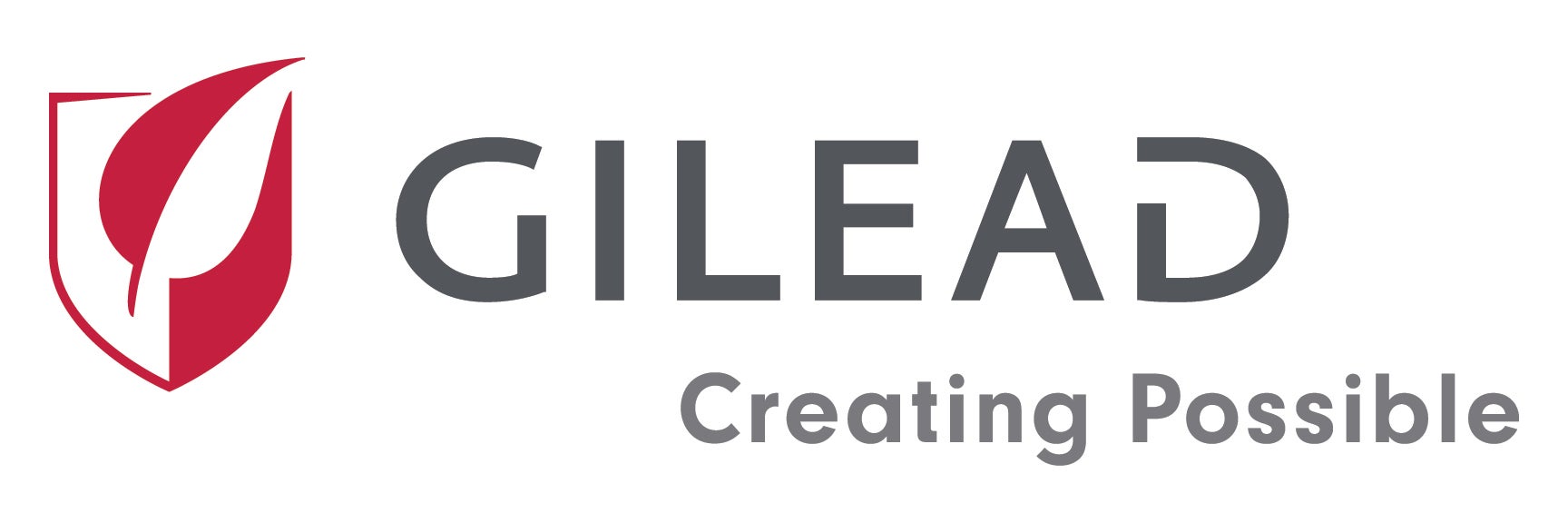
Health inequalities have been a concern for many years across the UK, but since the pandemic they have been worsening at a steady pace, with a disproportionate effect on people with lower incomes and from ethnic minority backgrounds.
So great is the issue that crucial players in the healthcare system are moving to address health inequalities through various commitments, such as NHS Core20PLUS5, the last government commitment to health disparities white paper, and recommendations from the NHS Race and Health Observatory. Yet despite this momentum, health inequalities persist.
Biopharmaceutical company Gilead Sciences is working to help minimise these differences and ensure that people have the opportunity to lead the healthiest life possible. “Our industry has a responsibility to do all it can to mitigate inequalities in health outcomes,” explains Dr Véronique Walsh, the General Manager and Vice-President of Gilead Sciences UK & Ireland. “The mission that guides us is that everyone has a right to access the best healthcare they can.”
Walsh explains that this is not something that can be achieved by Gilead in isolation. Collaboration across the health ecosystem is crucial, as factors that affect healthcare require the input of a myriad of stakeholders. “A combination of strong leadership, meaningful collaboration between the private sector, the state, and national and local stakeholders, and clear accountability is critical to support impactful change on the ground,” says Walsh.
With an innovative portfolio for the treatment of conditions such as the hepatitis C virus (HCV), HIV and cancer, many of the communities that Gilead supports face specific challenges in treatment options and stigma, which requires nuanced and focused services. The Find Your Four campaign, funded by Gilead and developed with insights from the HIV community for the HIV community, helped people address their broader health priorities in the wake of Covid-19 and an evolving HIV care landscape. Since launch, the campaign has been endorsed by 13 patient organisations that have been consulted or engaged throughout key stages of the campaign. In 2022 Find Your Four received a Gold standard in the Patient Partnership Index, which recognises exemplary collaborations between industry and patient organisations to support patients.
Walsh explains that this cross-system collaboration allows an important combination of community-specific knowledge with the resources of other organisations. This is evident in Gilead’s recent Hep C, Ki? Campaign, supported by NHS England, which involved leading British South Asian comedians and the Hepatitis C Trust. The campaign raised awareness of the risk factors for HCV among South Asian communities in England. This was achieved by working with the community groups to design an effective programme, bolstered by supporting organisations working at the grass roots, to ensure that accessible information was made available for all who needed it.
There is no one-size-fits-all solution. Distinct communities have distinct health needs, so interventions must be tailored. As Walsh explains: “In our work in HIV, for instance, our approach is very different with black African communities compared to men living with HIV.” For effective programme delivery, understanding the “specific barriers that exist in each specific group” is vital, says Walsh.
One of the trickiest challenges is enabling local access to the right services – and collaboration, again, is the key to success here. One example of this is the national Hepatitis C Elimination programme, a collaboration between NHS England, drug treatment services, prisons, the Hepatitis C Trust and Gilead.
One group that Gilead supports is people who use drugs: an estimated 90 per cent of people with chronic hepatitis C either currently or formerly used injecting drugs. Treatment services for this demographic followed a traditional secondary care model that often resulted in missed appointments. To address this, in 2018 Gilead collaborated with the NHS and Change Grow Live (CGL) – a third-sector provider of addiction services – to improve HCV patient outcomes. Gilead engaged CGL to undertake elimination initiatives that drove testing and referral levels across all services.
Additionally, Gilead deployed a dedicated Patient Access to Care (PAC) team to support CGL coordinators and improve communication with the NHS.
As a result, across 65 CGL sites between May and October 2018, the partnership has so far achieved a 36 per cent increase in HCV testing, a 45 per cent increase in referrals, completed treatment for over 70 patients, and reduced phlebotomy waiting times from five months to eight weeks.
This project highlights the importance of commitment across the board. Communities are essential to Gilead’s work, but action must come from the very top, too. Funding for research and resources is crucial, as is government commitment to addressing health inequalities at all levels by delivering the health disparities white paper.
“There are clear, actionable strategies that can be implemented to help address health inequalities – working with communities, lowering barriers to healthcare access, and working on informing people,” says Walsh. “To create a world where health inequalities no longer exist, we need to go beyond medicine with concerted action and leadership. Only through meaningful cross-sectoral partnerships can medical innovation be delivered to all who need it.”
Document number: UK-UNB-3013
Date of preparation: October 2022



